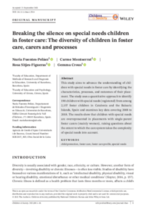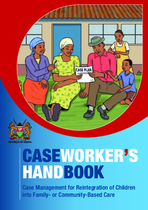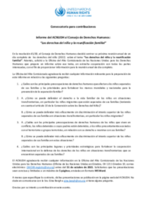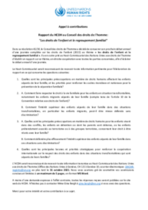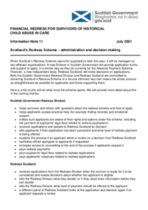Language that Cares: Changing the Way Professionals Talk About Children in Care
Language That Cares is a collaborative effort led by TACT that aims to change the language of the care system. Language is a powerful tool for communication but sometimes the way that it is used in social care creates stigma and barriers for understanding. Language is power, and we want children and young people to feel empowered in their care experience.



